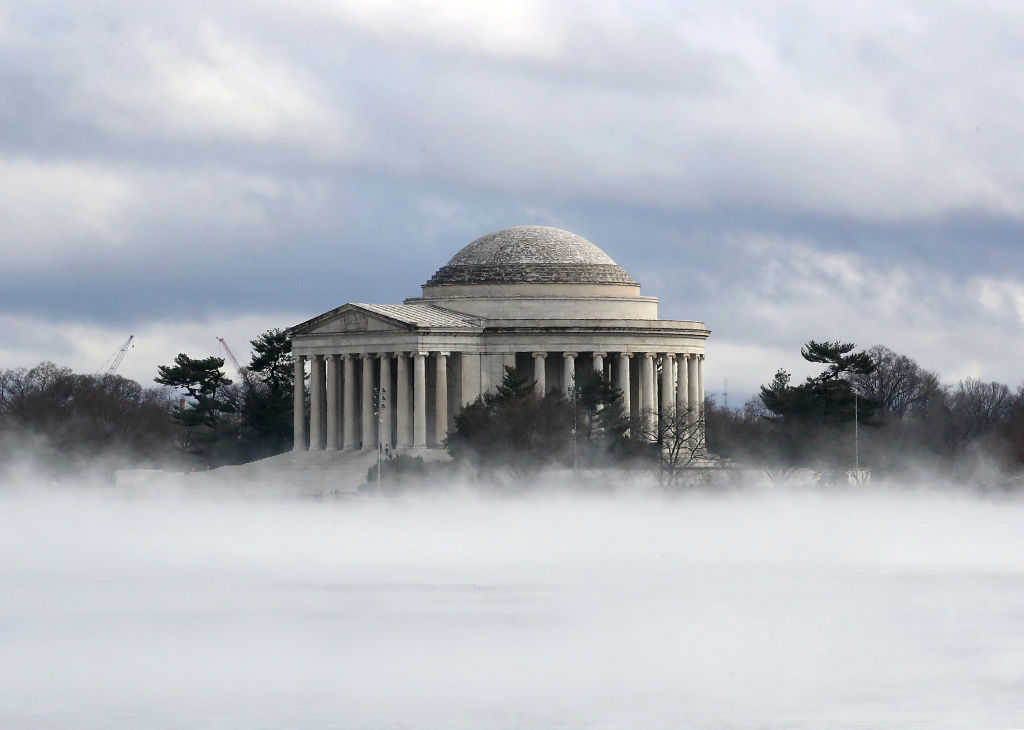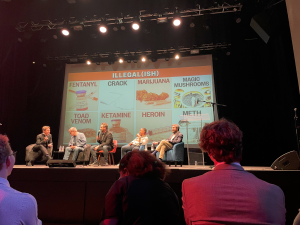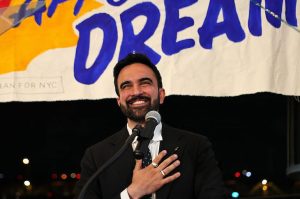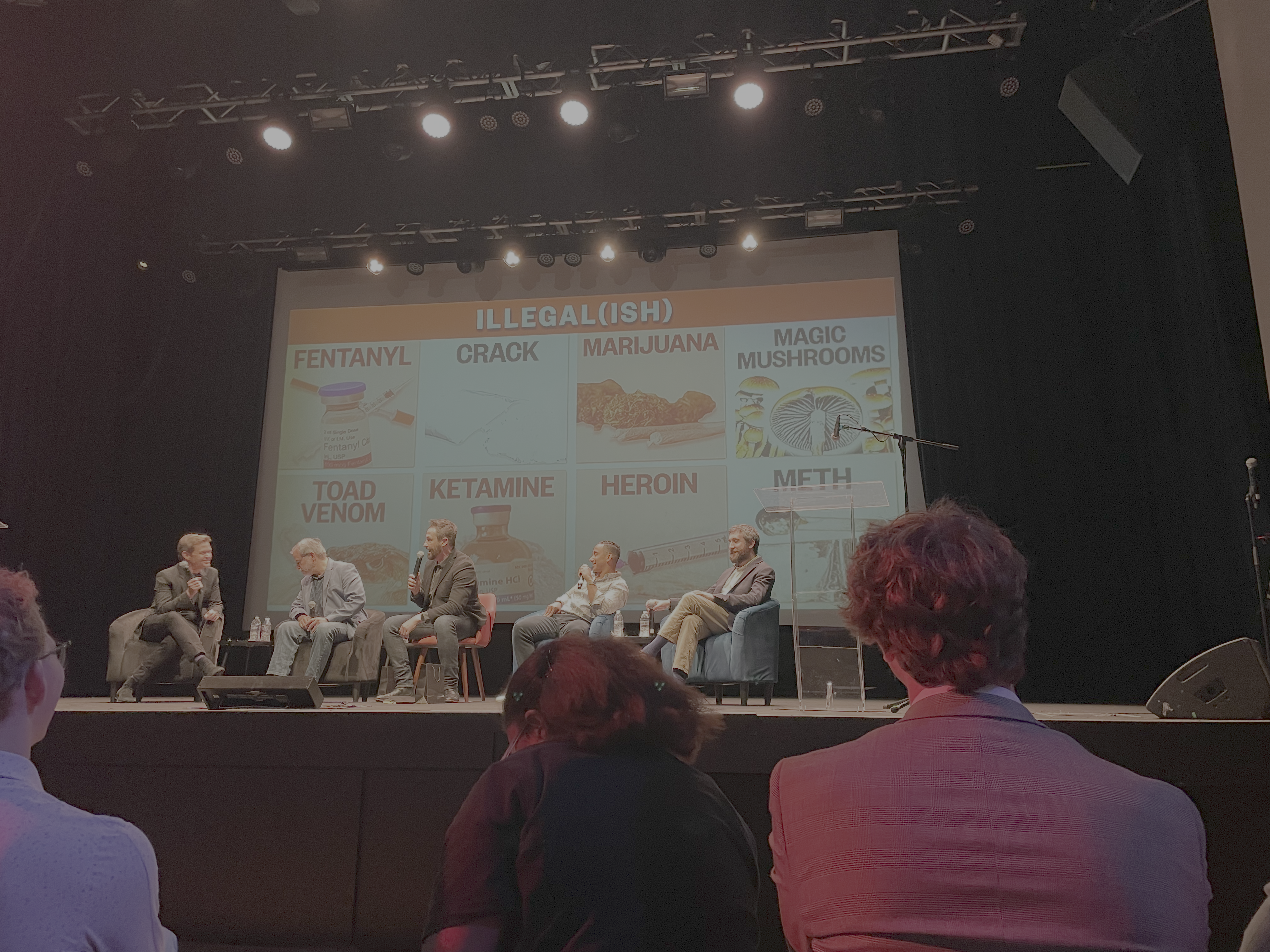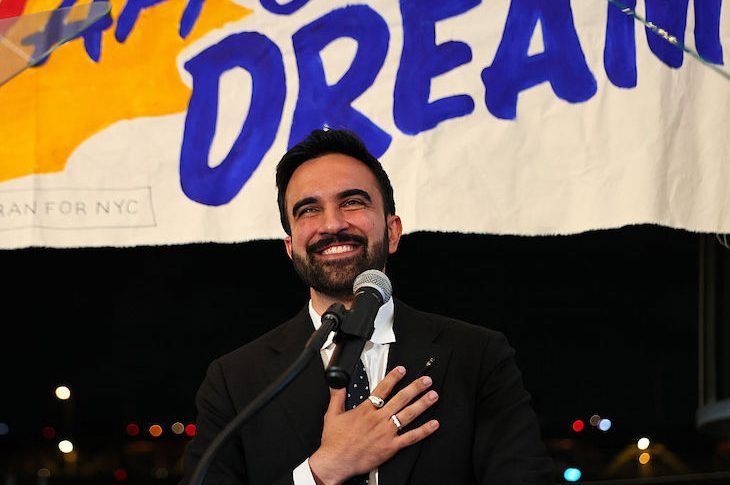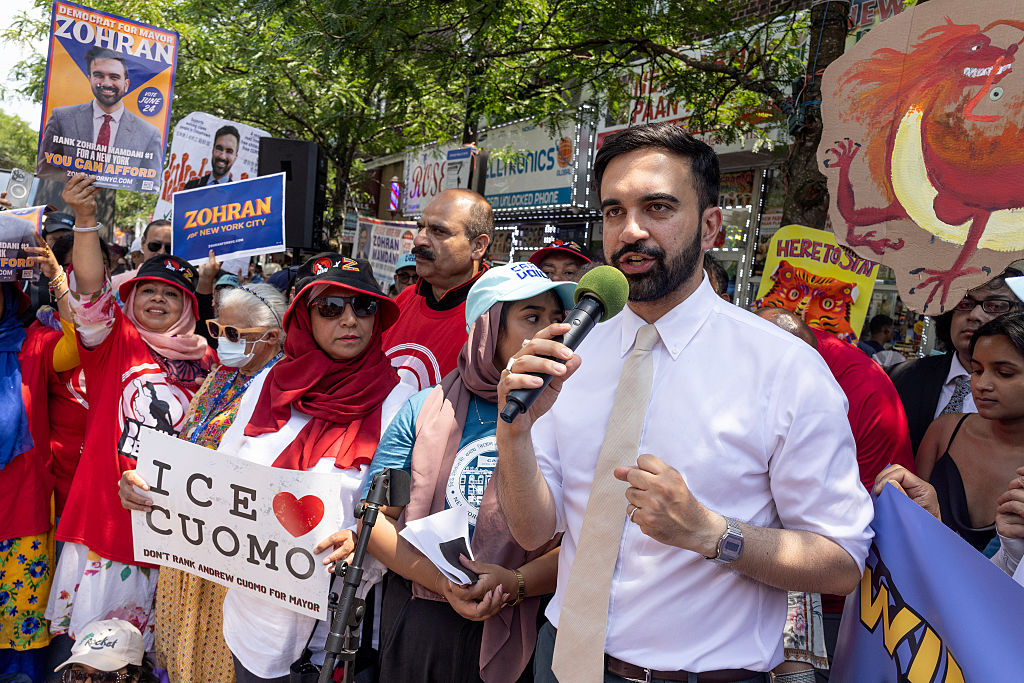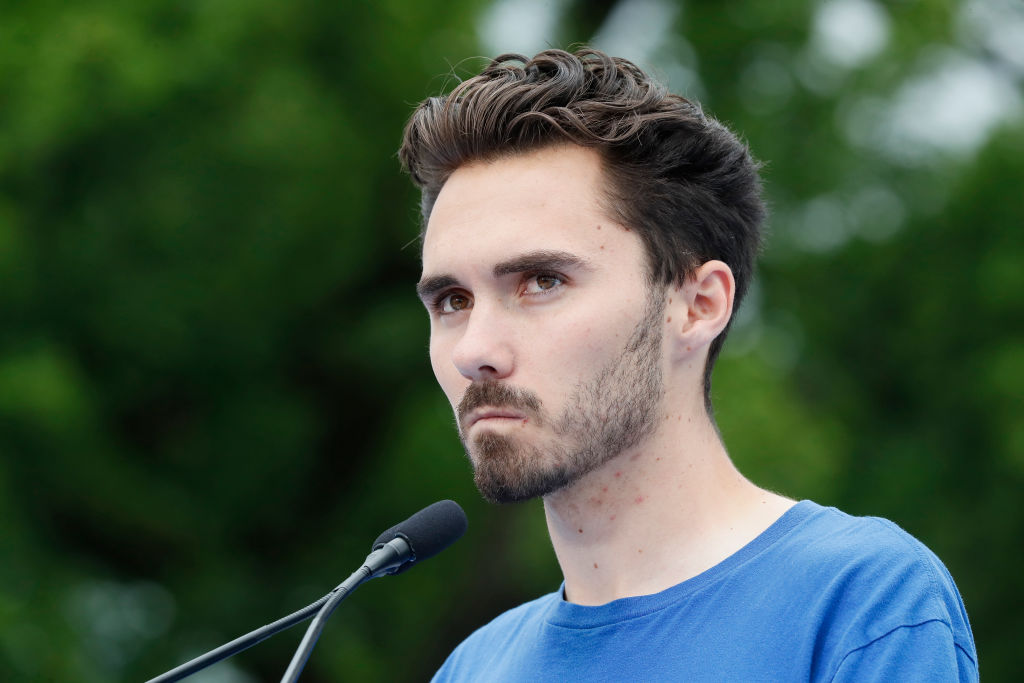An epoch or so ago, when Joe Biden was just a lightweight quadragenarian blowhard, I spent my salad days (stretching over several years) in Washington, DC. Boy did I have fun, though eventually, as Exene Cervenka screamed, I had to get out! Get out!
For a while I got back with some frequency, though my visits have been scarce ever since the parts of the city I lived in acquired their post-9/11 police-state trappings. Hell, my roommate and I used to toss around the football on the front lawn of the Capitol on a Saturday morning. I suppose we’d be shot on sight for doing that today.
Edmund Wilson, choleric upstate New York man of letters, said as he approached the door marked Exit, “I have come to feel that this country, whether or not I live in it, is no longer any place for me.” In my real country, the Little America, I feel firmly set in place, but the seat of the American Empire is another story. Every time I revisit DC, that old Gang of Four tune rings in my ears: “At home he feels like a tourist.”
I blew in, April shower-like, this spring. In grim preparation I rewatched The Lives of Others, the 2006 film about an East German Stasi official’s awakening, and I read Stefan Aust’s history of the Baader-Meinhof Gang, the terrorists who bombed their way through West Germany in the 1970s.
Whew: at least in America we don’t have to worry about government agents monitoring our conversations or sociopaths committing senseless acts of destruction!
My trip was a morning-in, afternoon-out quickie. My personal best in that genre was a down-and-back in one day to San Angelo, Texas, where I interviewed Elmer Kelton, the superb Western novelist. (Read The Time it Never Rained and see if you don’t agree.) At that time, I was indulging a minor eccentricity of abjuring use of the fork. It being San Angelo, Kelton and I had lunch at a steakhouse. “Don’t tell me you ate a steak with a spoon,” sighed my wife. Nah, I was a cutlery conformist.
I took a spare hour in Washington to hustle over to see the Jefferson Memorial before it is dismantled or “reinterpreted” out of existence. In days long past, there were politicians who called themselves Jeffersonian Democrats. They were, as their eponym described them, “friends to the freedom of religion, freedom of the press, trial by jury, and to economical government; opposed to standing armies, paper systems, war, and all connection, other than commerce, with any foreign nation.” Sign me up, baby.
Several years ago the Democratic Party dumped Jefferson-Jackson Day dinners, their traditional annual rallying of the troops. It seems that Tom and Andy offended the tender sensibilities of the party of Hillary Clinton. About the only protest against this repudiation of the party’s founders came from one of the last of the Jeffersonian Democrats, the praiseworthy Senator Jim Webb of, fittingly, Virginia.
Thomas Jefferson the president was a disappointment, never more so than with his unconstitutional Louisiana Purchase, which expanded the empire of slavery and burst the bounds of practical republican government. Jefferson failed to live by his principles with respect to the ownership of human beings, and he did silly things like bowdlerize the New Testament, stripping it of miracles. OK, he wasn’t perfect. But Jefferson articulated the political traditions through which the better angels of our country find expression: agrarian democracy, libertarian defiance of tyrants and busybodies, and peace.
Jefferson’s ward-republic scheme, by which he proposed to devolve considerable decision-making responsibilities to precincts measuring “five or six miles square,” had a bloodlessly mathematical design, reminiscent of the abominable metric system that he also promoted. But the radical decentralist spirit animating the Jeffersonian ward republics is more desirable today than ever.
I’m happy to say that the Jefferson Memorial still gives off a far better vibe than the Potomac anthills in which the self-important Get Things Done.
I had heard horror stories of Covid Karens accosting maskless strangers on the streets of Washington, but in the places where tourists congregate, I saw whole faces and goofy smiles and reverent miens. You know, it kinda looked like America.
After all these years there remain two sights in DC I dearly wish to see but haven’t: “Grief,” the Saint-Gaudens statue at Clover Adams’s grave in Rock Creek Cemetery, and Frederick Douglass’s house in Anacostia. Next time, I hope. But other than that pair, from now on I’m sticking to the touristy stuff.
This article was originally published in The Spectator’s June 2022 World edition.



